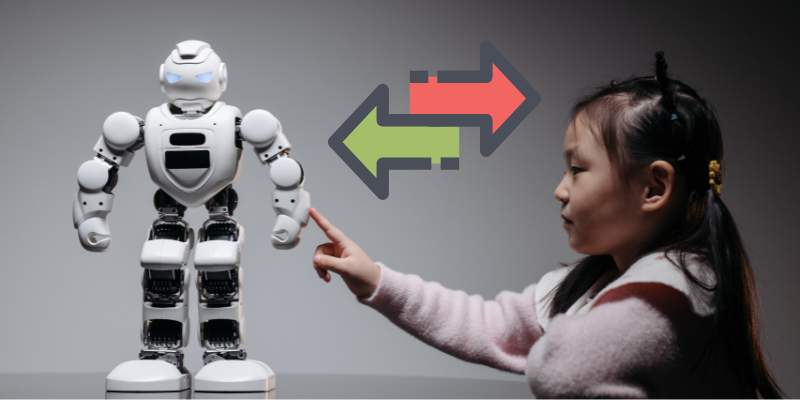AI is everywhere these days, and let’s be honest—it’s not just about answering questions or generating shopping lists anymore. People are turning to AI for connection, entertainment, and even self-discovery.
Two categories that often get lumped together are “AI companions” and “AI roleplay.”
On the surface, they might seem interchangeable—after all, both involve chatting with an AI character—but once you peel back the layers, the differences become pretty clear.
AI companions: the digital confidants
An AI companion is like that friend who’s always available, never tired of your rants, and weirdly remembers the small details you forget about yourself.
These apps are designed for emotional support, casual banter, and the kind of ongoing conversations that feel a little like journaling with feedback. They’re less about fantasy plots and more about steady presence.
For people who feel lonely, stressed, or just need a safe space to vent, AI companions can feel like a lifeline.
The best part is their memory. A good companion AI recalls your habits, preferences, and quirks—so over time, it feels less like typing into a void and more like nurturing an actual relationship.
That’s why people gravitate toward unfiltered character ai alternatives with better memory—because the magic lies in not having to reintroduce yourself every time you log in.
Personally, I find that continuity makes all the difference; it’s what transforms a simple chatbot into something that feels alive.
AI roleplay: the stage for imagination
Roleplay AI, on the other hand, is all about performance. Think of it as improv theater where you and the AI co-write the script in real time.
Instead of asking how your day went, you might be negotiating with a medieval king, surviving a zombie apocalypse, or flirting with a mysterious stranger on a space station.
The charm isn’t in steady companionship but in the unpredictability—the thrill of building a story where anything can happen.
These roleplay-focused apps often go further with creative tools. They’re not afraid to mix in multimedia like pictures or custom avatars.
With an unfiltered character ai chat app with image generator, for instance, you can see your characters brought to life in ways that words alone can’t capture.
It’s not just about dialogue anymore—it’s about immersion, and the visuals add layers of personality and drama that make each story session feel cinematic.
The emotional distinction
Here’s where the difference hits home: companions focus on you, while roleplay focuses on the story. If you’re craving a sense of being heard and understood, AI companions shine.
If you’re itching to escape into a world of dragons, drama, or romance, roleplay AIs are the ticket.
Both can be deeply fulfilling in their own right, but they scratch very different itches. And sometimes, switching between them depending on your mood is the real sweet spot.
What I’ve noticed is that filtered apps often struggle with either category. Companions forget things too quickly, and roleplay stories get cut short by censorship.
That’s why so many people are leaning toward unfiltered platforms. They don’t just allow you to say what you want; they give you the freedom to shape the interaction the way you need it in that moment—messy, creative, or downright heartfelt.
Conclusion
The line between AI companions and AI roleplay might blur here and there, but the heart of the matter is intention.
Do you want a friend who remembers your coffee order and asks how your presentation went, or do you want a co-star in a drama that unfolds differently every time?
Personally, I keep both in rotation, depending on whether I need comfort or chaos.
And with tools like unfiltered character ai alternatives with better memory and unfiltered character ai chat app with image generator, the gap between companionship and roleplay is only getting richer, giving us more ways to explore what it means to connect with AI on our own terms.

